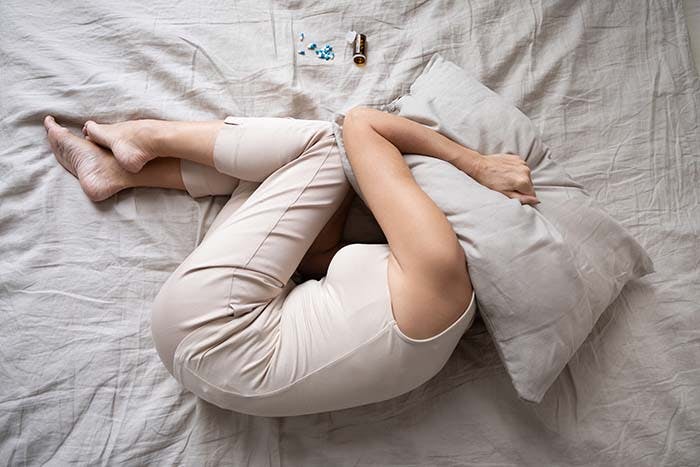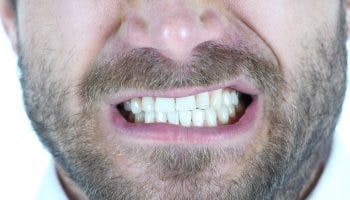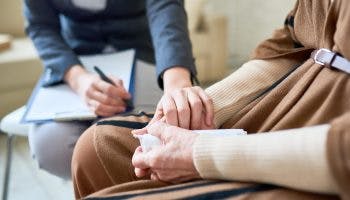Quiz: Do You Have Post-Traumatic Stress Disorder?
Published | 4 min read
If you’ve experienced an incident that caused physical, emotional, or psychological harm, you might be struggling with post-traumatic stress disorder.

Post-traumatic stress disorder (PTSD) may occur in people who have experienced or witnessed a frightening event that puts them or someone close to them at risk of serious harm or death.
Most people who experience a traumatic event find that they can process the encounter and overcome the emotional upset. When the upset persists for a month or more, however, it can become entrenched and create emotional and physical symptoms that signal PTSD. Have you experienced that?
If You Have Post-Traumatic Stress Disorder (PTSD) Symptoms, Find Solutions Here

Experiencing one or more symptoms of PTSD can impair your ability to participate in the pleasures and obligations of everyday life. That is because it may severely impact your ability to concentrate and make well-thought-out decisions, both in your personal and work life.
So, it is essential to get an early and accurate diagnosis. That can help you decide on the steps you need to take to overcome post-traumatic stress disorder. Let us discover the reality behind your answers together!
If Your Answers are Mostly A’s: You may be suffering from PTSD

You may be suffering from PTSD. Therefore, you should seek consultation with a therapist and doctor as soon as possible. Here are a few short-term psychotherapies used to treat PTSD.
Cognitive Behaviour Therapy (CBT)
This type of psychotherapy is focused on identifying, understanding, and changing thought and behavioral patterns. It is an active form of therapy and involves learning skills that can be practiced frequently to alleviate the symptoms of PTSD.
Eye Movement Desensitization and Reprocessing (EMDR)
This therapy focuses on changing your brain and body’s response to a traumatizing memory, thought, or feeling. It requires you to pay attention to a sound or back-and-forth movement as you relive your trauma.
Present Centred Therapy (PCT)
This psychotherapy takes the attention away from past trauma and focuses instead on teaching problem-solving strategies that help people with PTSD deal with current stressors.
Adjunctive medications
If needed, a doctor may prescribe medications to complement the use of psychotherapy in treating PTSD. These include antidepressants and benzodiazepines to treat panic disorders due to PTSD.
You may want to use traditional Chinese remedies to complement the use of medications. These include herbal soups and tonics, that reduce stress by inducing a calming effect on the mind and body. However, if you are on medication, be sure to speak with your doctor before consuming soups or tonics with herbal ingredients to avoid possible interactions.
If Your Answers are Mostly B’s: Unlikely you have PTSD
You might have encountered a bad experience in the past, but it is unlikely that you have PTSD. If you are concerned about the possibility of dealing with other mental health problems, such as anxiety or depression, you should see a doctor.
To reduce your risk for mental health issues and PTSD, it helps to make healthier lifestyle choices. These include regular physical activity, healthy eating, and getting restful sleep every night. If you are keen to try Chinese medicine approaches, you can consume herbal formulations made of lily bulbs, sour dates, or red dates to calm your mind.
Acknowledging your physical and mental struggles is the best way to start the process of treating PTSD. In doing so, you will determine what treatment options could potentially work and help improve your quality of life. Share this quiz with family members or friends who may be dealing with out-of-control stress, if you found it helpful in your battle against PTSD.
References
- National Institute of Mental Health. Post-Traumatic Stress Disorder. [Accessed 30 June 2021]
- Anxiety & Depression Association of America. Treatment & Facts. [Accessed 30 June 2021]
Share this article on






